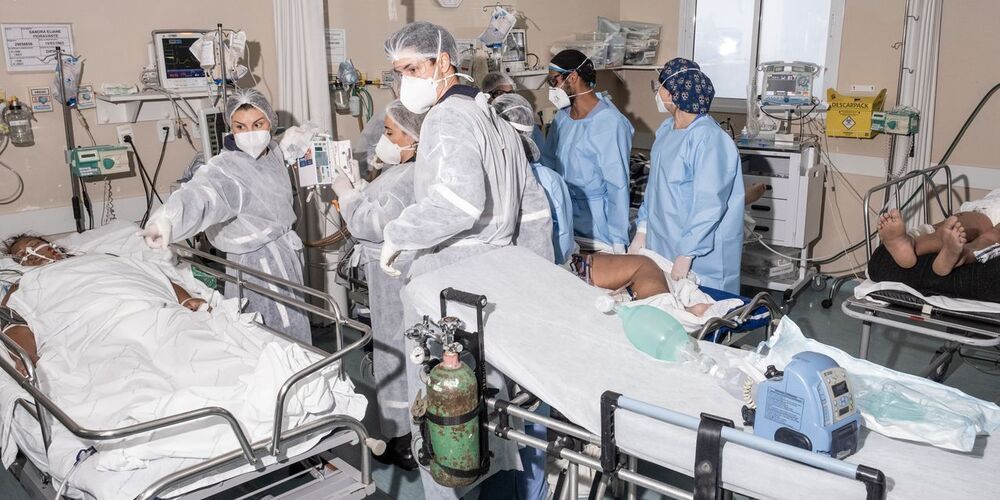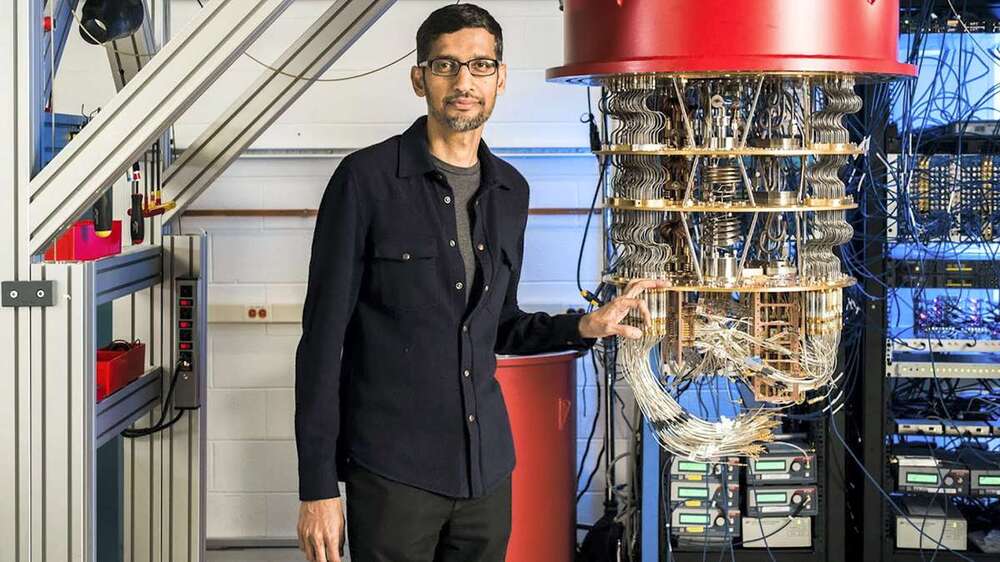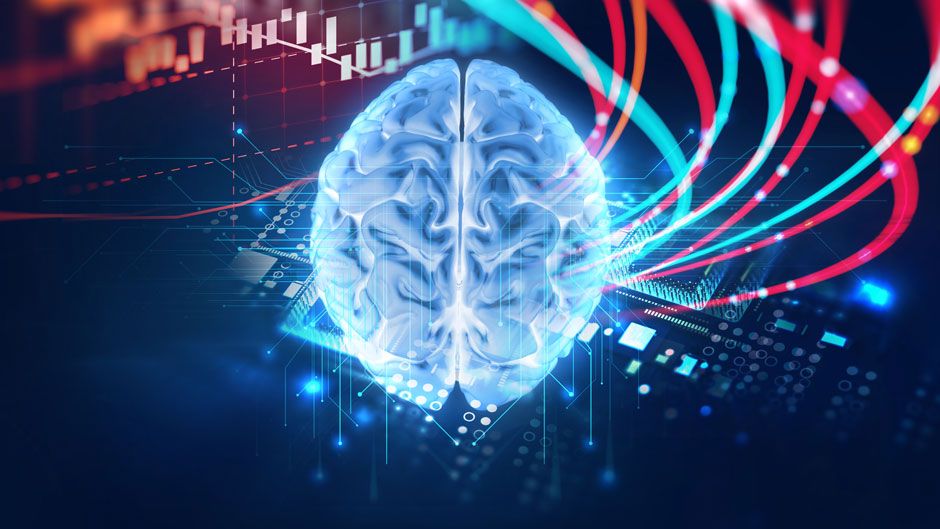A new Covid-19 variant from the Amazon is now responsible for the majority of new infections in Brazil, with many doctors there saying they are seeing more young and otherwise healthy patients falling ill. Hopefully Covid doesnt bounce back and turn into the 1918 flu.
“We’re in the trenches here, fighting a war,” said Andréia Cruz, a 42-year-old emergency-ward nurse in the southern Brazilian city of Porto Alegre. In the past three weeks alone, the surrounding state of Rio Grande do Sul has seen nearly 5000 people die from Covid-19, more than in the final three months of last year.
The spread of the virus in Brazil threatens to turn this country of 213 million into a global public-health hazard. The so-called P.1 strain, present in more than 20 countries and identified in New York last week, is up to 2.2 times more contagious and as much as 61% more able to reinfect people than previous versions of the coronavirus, according to a recent study.
The P.1 is now responsible for the majority of new infections in Brazil, with many doctors here saying they are seeing more young and otherwise healthy patients falling ill. About 30% of people dying from Covid-19 are now under 60, compared with an average of about 26% during Brazil’s previous peak between June and August, according to official figures analyzed by The Wall Street Journal.






